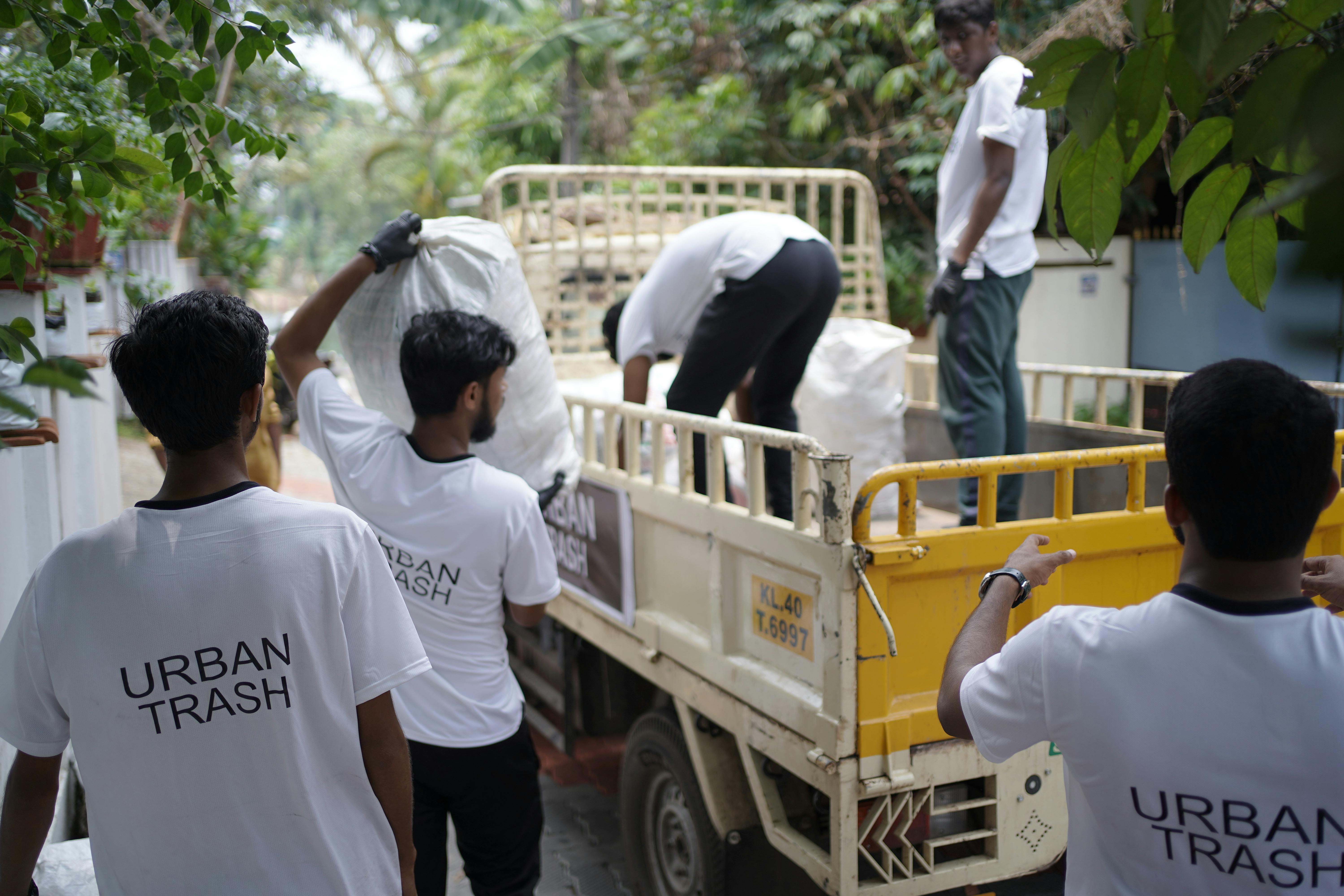 .
.
Introduction
In today’s world, choosing the best management of waste is more important than ever before. Everyone should be aware of the impact of proper waste management on the environment and our health. In this blog post, we’ll explore what waste management involves, the best practices for managing your waste, and how you can ensure your waste is disposed of responsibly.
What is Waste Management?
Waste management is the process of handling, treating, and disposing of solid, hazardous, and liquid waste. It is the collective term for the activities associated with identifying, collecting, storing, treating, transporting, and disposing of waste materials in a way that minimises harm to the environment. The main aim of waste management is to reduce the amount of waste that is generated, as well as to reduce the environmental impact of the waste that is produced.
Why is Waste Management Important?
Waste management is important for many reasons. It helps reduces the amount of waste being produced, which in turn reduces the amount of pollution, and other environmental problems. It can also help improve public health by reducing the amount of toxic and hazardous substances in the environment. Additionally, waste management helps conserve natural resources, such as water and other materials, as well as reduce the amount of landfill space used.
Benefits of Proper Waste Management
Proper waste management provides many benefits to both people and the environment. Some of these benefits include:
1. Reduced pollution: Proper waste management reduces pollutants in the air, water, and soil. This helps to protect our environment and the health of people living in the area.
2. Cleaner environment: By reducing the amount of waste being produced, proper waste management can help keep our environment cleaner.
3. Conservation of natural resources: Proper waste management can help conserve natural resources, such as water and other materials, by reducing the amount of waste being produced.
4. Lower costs: The cost of waste management can be reduced when waste is properly managed.
5. Safer for the public: Proper waste management can help reduce the amount of hazardous and toxic substances present in the environment. This can help reduce the risk of illness and other health issues.
How to Choose the Best Management of Waste
When it comes to choosing the best management of waste, there are several things to consider. Here are some tips to help you make the right decision:
1. Determine the type of waste: Before you can choose the best management of waste for your business, you need to determine the types of waste that you generate. Different types of waste require different management techniques.
2. Evaluate your waste management needs: Once you know the types of waste you generate, you need to evaluate your waste management needs. This includes looking at factors such as the volume of waste, the type of waste, and the cost of the management process.
3. Research different waste management options: After you’ve determined your needs, you can begin researching different waste management options. This involves looking at different waste management services, including waste collection, storage, and disposal options.
4. Compare costs: Once you’ve identified potential waste management services, it’s important to compare their costs. This will help you determine which option is the most cost-effective.
5. Consider environmental impact: Finally, it’s important to consider the environmental impact of different waste management options. Some waste management services may be more environmentally friendly than others.
Best Practices for Proper Waste Management
In order to ensure that your waste is managed properly, there are some best practices that you should follow. Here are some tips to help you get started:
1. Reduce, Reuse, Recycle: Reducing, reusing, and recycling are all great ways to reduce the amount of waste that is generated. This includes reducing waste through the use of sustainable and eco-friendly products, as well as reusing items, such as containers and packaging.
2. Use a waste collection service: Hiring a waste collection service can help ensure that your waste is collected and disposed of properly.
3. Compost: Composting is a great way to reduce the amount of waste that is generated. Composting can help reduce the amount of food waste, as well as other organic materials.
4. Follow local regulations: It’s important to follow local waste management regulations, as this can help ensure that your waste is being managed properly.
5. Invest in waste management equipment: Investing in the right waste management equipment can help make the process of managing your waste easier and more efficient.
Conclusion
Choosing the best management of waste is an important part of protecting our environment and our health. By following the tips outlined in this blog post, you can ensure that your waste is managed properly and in a way that minimises harm to the environment.
Midland Toilet Hire provides a range of waste management services, including skip hire, tipper hire, and grab hire. We are committed to providing our customers with the best waste management services, so that you can ensure your waste is disposed of responsibly. To find out more, please get in touch today.
